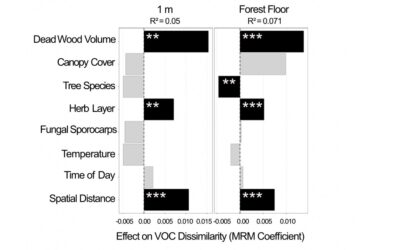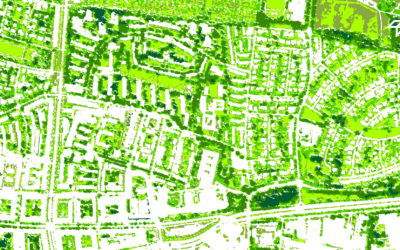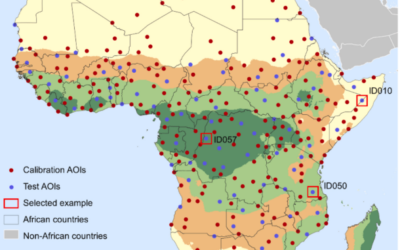The preface for the Special Issue titled “Multi-risk assessment in the Andes region” in the journal “Natural Hazards and Earth System Sciences” has been published today.
The researchers Elisabeth Schoepfer, Torsten Riedlinger and Hannes Taubenböck from the Earth Observation Center (EOC) of the German Aerospace Center (DLR) in Oberpfaffenhofen and our Earth Observation Research Cluster of the University of Würzburg together with Rodrigo Cienfuegos from the Pontifical Catholic University of Chile, and Jörn Lauterjung from GFZ Helmholtz Centre for Geosciences wrote this preface which is online at: https://nhess.copernicus.org/articles/25/1163/2025/
In this preface, the authors give an overview on the various research papers of the Special Issue. They conclude that the presented research papers of the Special Issue clearly demonstrate the importance of not stopping at methodological approaches and research questions but of moving from theory to user involvement and user feedback. Possible bottlenecks only become apparent during the transition from scientific applications to preoperational prototypes.









